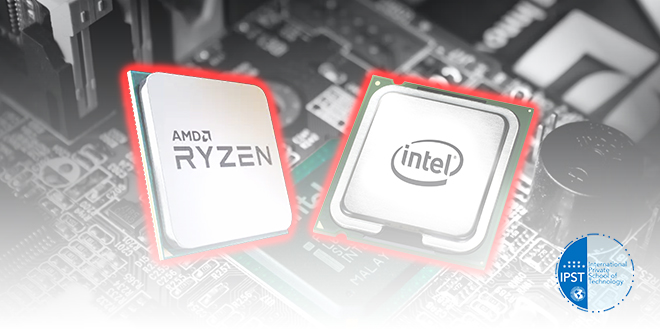Chinese officials have instructed the country’s major telecom carriers to eliminate foreign chips crucial to their networks by 2027, as reported by the Wall Street Journal on Friday, citing sources familiar with the matter. This directive represents a significant blow to U.S. chip giants Intel (INTC.O) and Advanced Micro Devices (AMD.O).
The move, which aims to reduce reliance on Western-made technology amid escalating Sino-U.S. trade tensions, is part of Beijing’s broader strategy to promote domestic alternatives. Washington’s tightening restrictions on high-tech exports to China have further fueled China’s push for self-sufficiency in critical technology sectors.
Despite requests for comment, Intel and AMD remained silent on the matter, indicating the sensitivity of the issue and its potential impact on their businesses.
This latest development follows earlier initiatives by Beijing to phase out foreign technology, including a directive in 2022 for state-owned enterprises to replace office software systems with domestic products by 2027. Moreover, the Ministry of Industry and Information Technology has mandated state-owned mobile operators to inspect their networks for non-Chinese semiconductors and establish timelines for their replacement.
China’s increasing reliance on domestic chips has been facilitated by improvements in their quality and stability, as evidenced by procurement patterns showing a shift towards local options. This transition poses a significant challenge to foreign chip manufacturers, given China’s status as Intel’s largest market, accounting for over 27% of the company’s total revenue last year.
The impact of China’s directive on the global semiconductor industry remains to be seen, but it underscores the growing geopolitical tensions shaping the tech landscape and the escalating competition between the world’s largest economies for dominance in critical technology sectors.
 International Private School of Technology المدرسة الدولية الخاصة للتكنولوجيا Private School مدرسة خاصة للتكوين المهني
International Private School of Technology المدرسة الدولية الخاصة للتكنولوجيا Private School مدرسة خاصة للتكوين المهني


